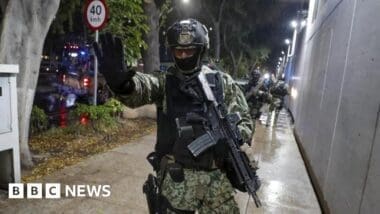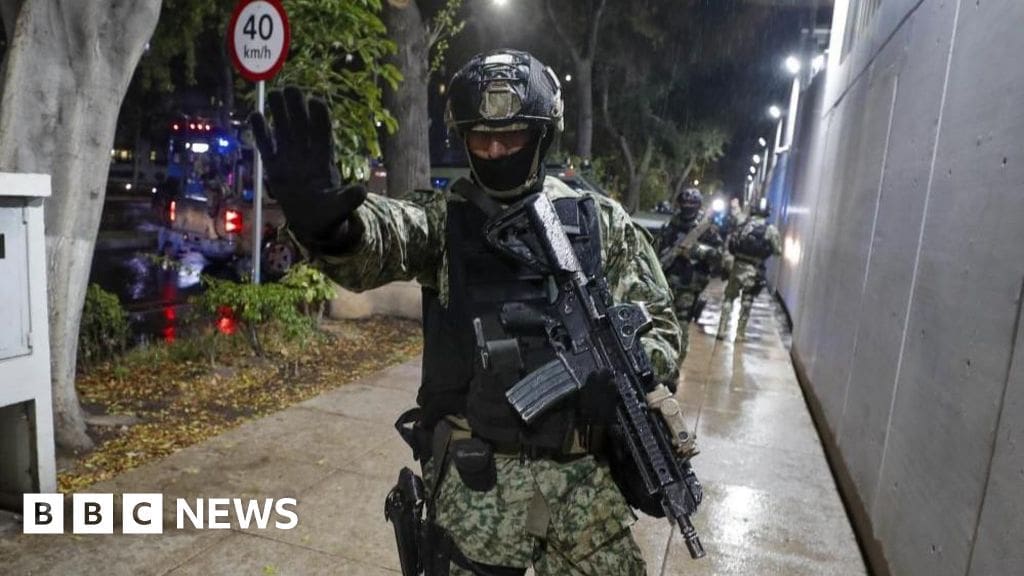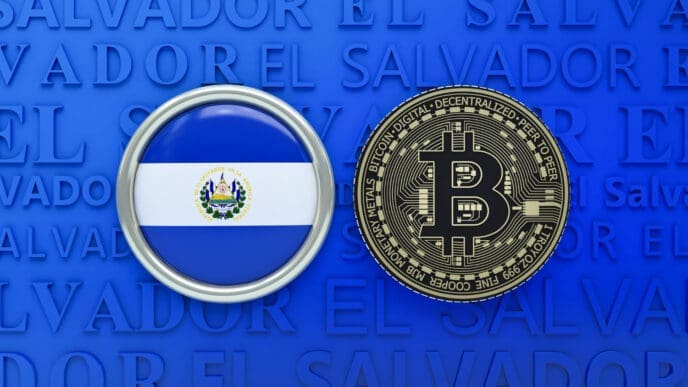The violence in Sinaloa has significantly intensified following the internal conflict within a prominent drug cartel. Official records indicate that over 200 individuals have vanished since two contending groups within the cartel initiated hostilities nearly three months ago. This surge in disappearances coincides with the arrest of Ismael ‘El Mayo’ Zambada in the United States. Zambada’s followers, known as ‘Los Mayos,’ accuse Joaquín ‘El Chapo’ Guzmán’s son of betrayal, leading to a violent split with ‘Los Chapitos,’ El Chapo’s faction.
Mexican President Claudia Sheinbaum has deployed her top security officer, Omar García Harfuch, to Sinaloa to curb the violence. The recent spike in both murders and disappearances has heavily influenced the early months of her presidency, overshadowing her previous campaign promises of avoiding direct conflicts with drug cartels. While initially advocating for a non-militaristic approach, Sheinbaum, facing domestic criticism and international pressure, particularly from U.S. President-elect Donald Trump, has reassessed her stance.
President Sheinbaum recently emphasized a ‘zero tolerance’ approach towards violence in the state, during a press conference. Her administration celebrated a significant victory with the largest fentanyl drug bust in Mexico’s history, a seizure that comprised over a tonne of fentanyl pills valued at $394 million. Garcia Harfuch confirmed that the operations leading to this bust had been ongoing for some time and announced that similar actions would persist until stability is restored.
The bust occurred shortly after President Trump threatened to implement a 25% tariff on Mexican and Canadian imports, a measure he claimed would remain until the cessation of illegal drug trafficking into the United States, with a particular focus on fentanyl. Concurrently, Mexican authorities reported the detention of over 5,200 migrants nationwide, a move seemingly aligned with Sheinbaum’s pledge to halt a northbound migrant caravan.
Despite these actions, the violence and instability in Sinaloa persist, raising concerns about the region’s security landscape and the broader implications for Mexican-U.S. relations.
The situation in Sinaloa reflects the broader challenges Mexico faces in tackling drug cartel violence. While recent government actions, including significant drug seizures, signal progress, the ongoing disappearances highlight the urgent need for effective and sustained intervention. As authorities adjust strategies to address internal and external pressures, the path to reducing cartel influence remains complex and fraught with challenges.
Source: BBC














